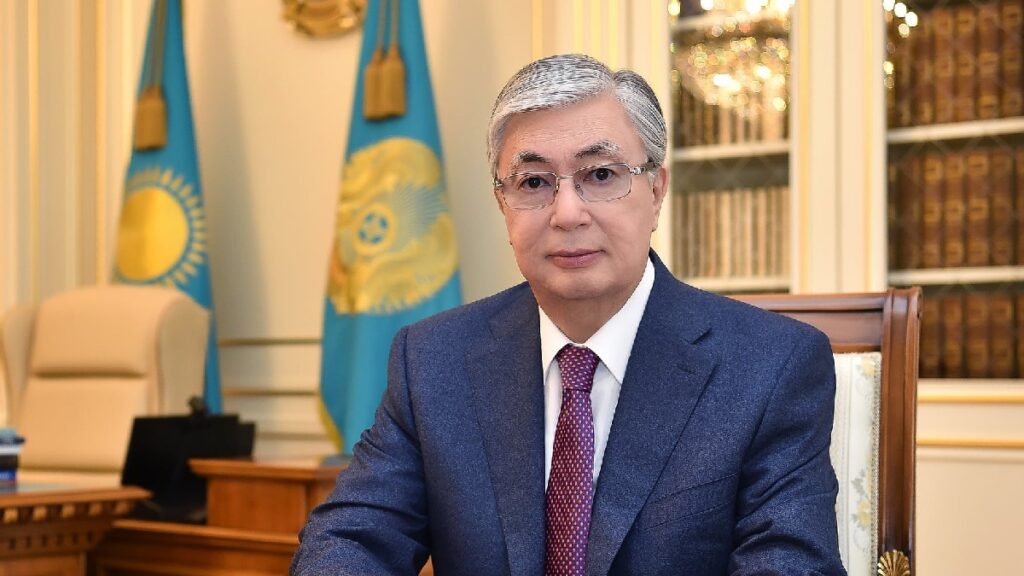President Tokayev signs law against withdrawing funds to offshore accounts

President Kassym-Jomart Tokayev has signed a law designed to counter the transfer pricing and strengthen state control over related-party transactions. The document also introduces changes and amendments to several other legal acts, the president’s office said on Telegram.
Transfer pricing is a practice of transferring a company’s revenue to jurisdictions with many tax benefits through transactions with entities that are part of the same larger enterprise. These transactions are also called related-party transactions. Even though these transactions aren’t necessarily illegal, businesses usually use them to artificially boost the revenue of an offshore company and increase the costs of a parent company.
The new law changes the very mechanism of pricing for related-party transactions and puts a lot of attention toward transactions on commodity exchanges. The government is going to scrutinize these transactions to see if they are related to transfer pricing. The set of criteria that defines who can be considered as a related party to some type of transactions will also be expanded. All parties to such transactions will be obliged to report to local authorities about these activities.
As the Akorda (the residence of the Kazakhstani president and the center of power in the country) underlines, new rules are expected to help the government collect more taxes for the state budget and decrease administrative costs of tax authorities and taxpayers.
Kazakhstani authorities have criticized commodity exchanges for a long time, highlighting that they failed to meet expectations of being an effective tool for fair pricing and resource distribution. In September 2023, Tokayev said that because of ineffective regulation, commodity exchanges have turned into a tool to kill competitiveness, breach procurement requirements in favor of imports and ineffective intermediation. At the time, Ex-Prime Minister Alikhan Smailov said that if there were no violations, Kazakhstani businesses could have received more than $2.2 billion annually.

